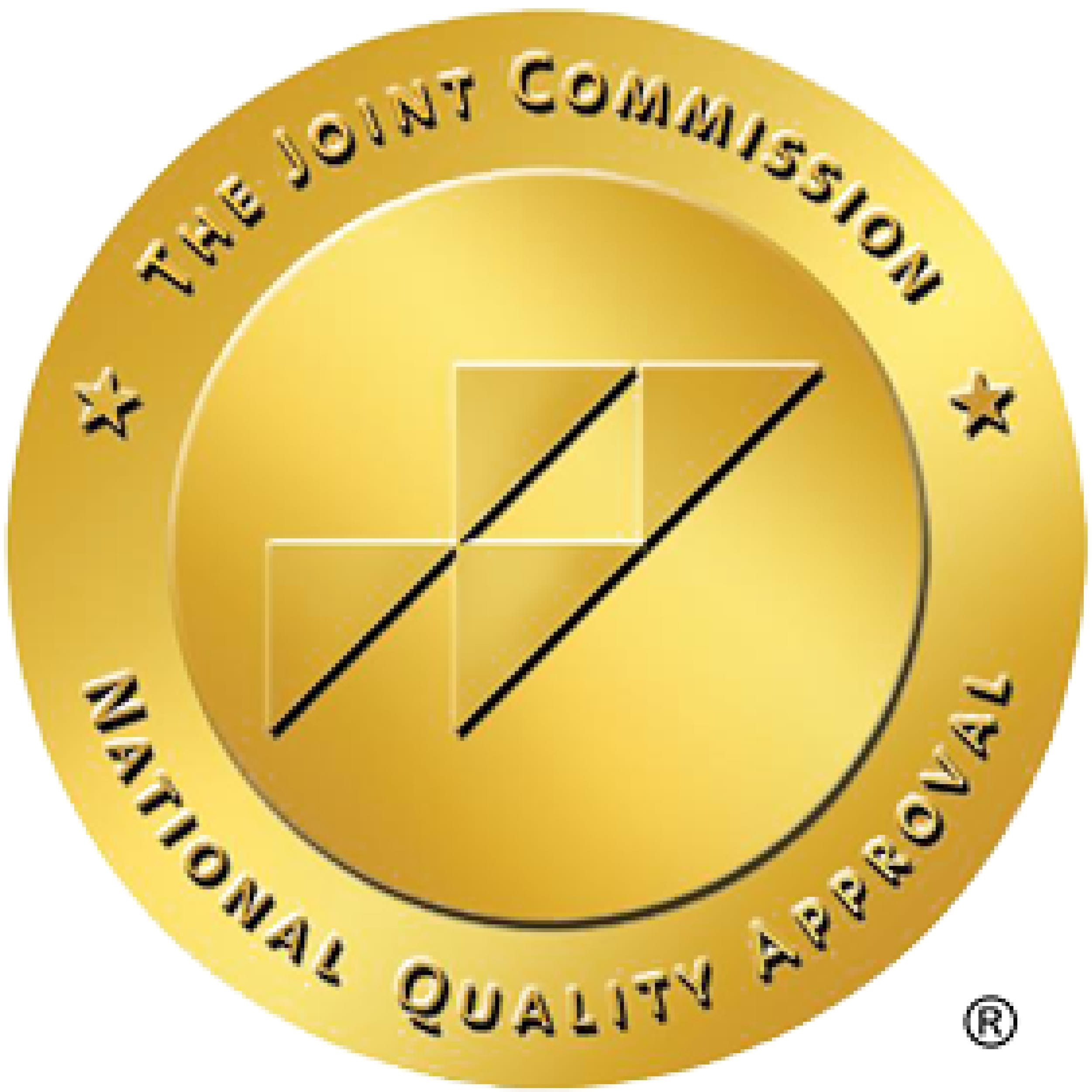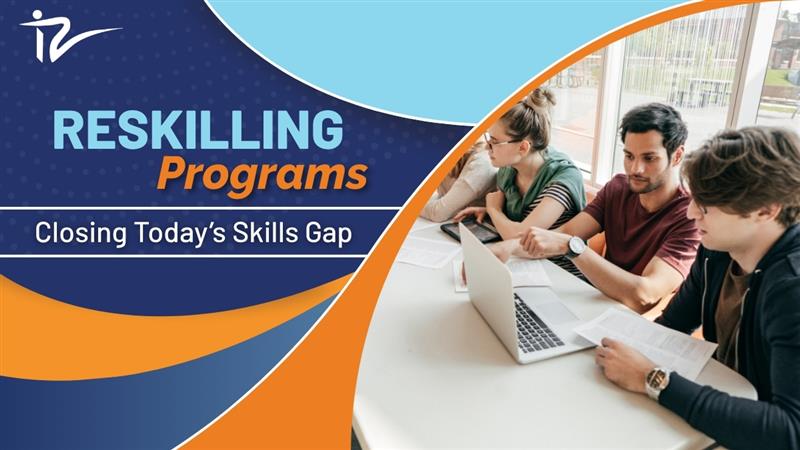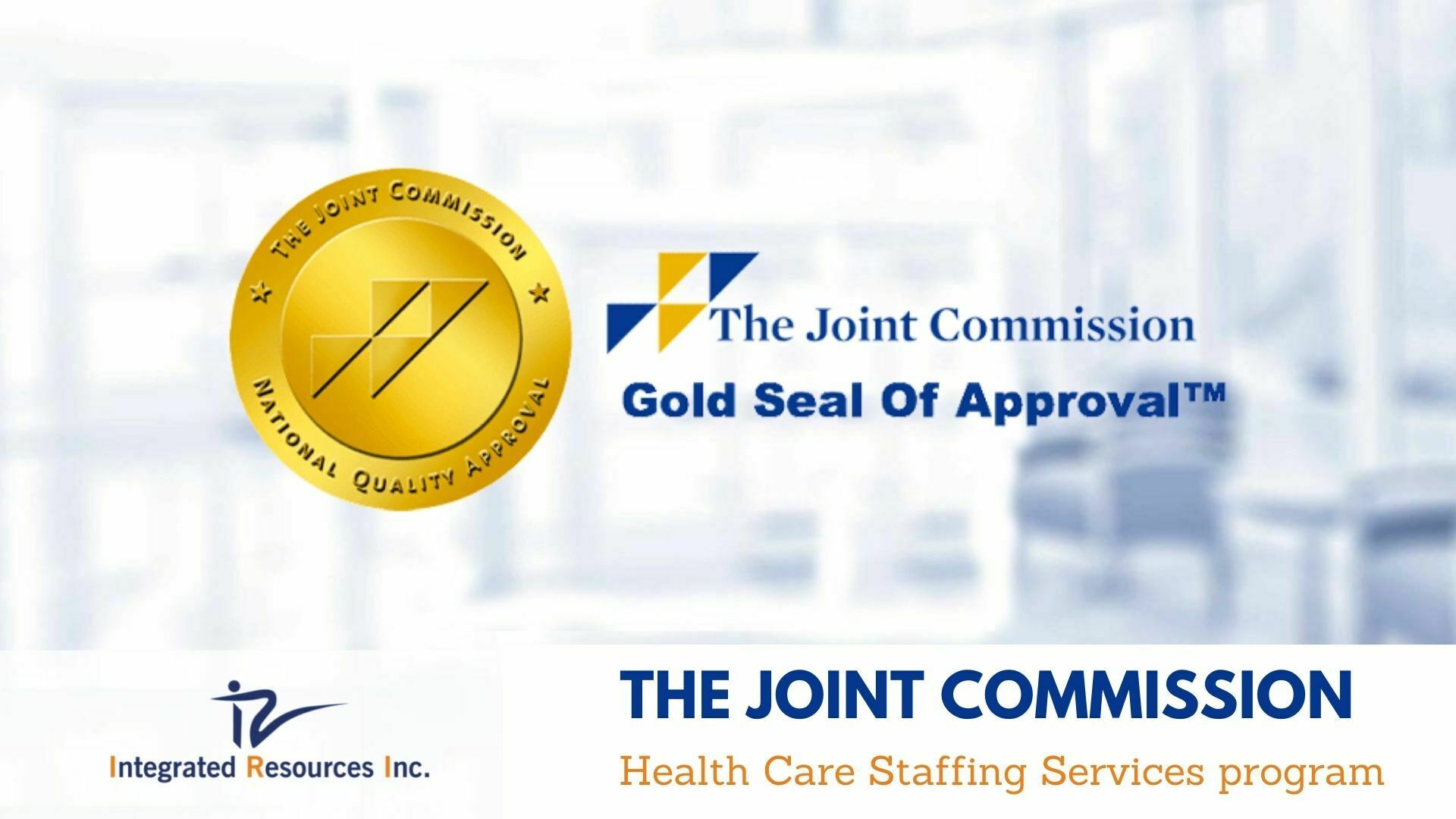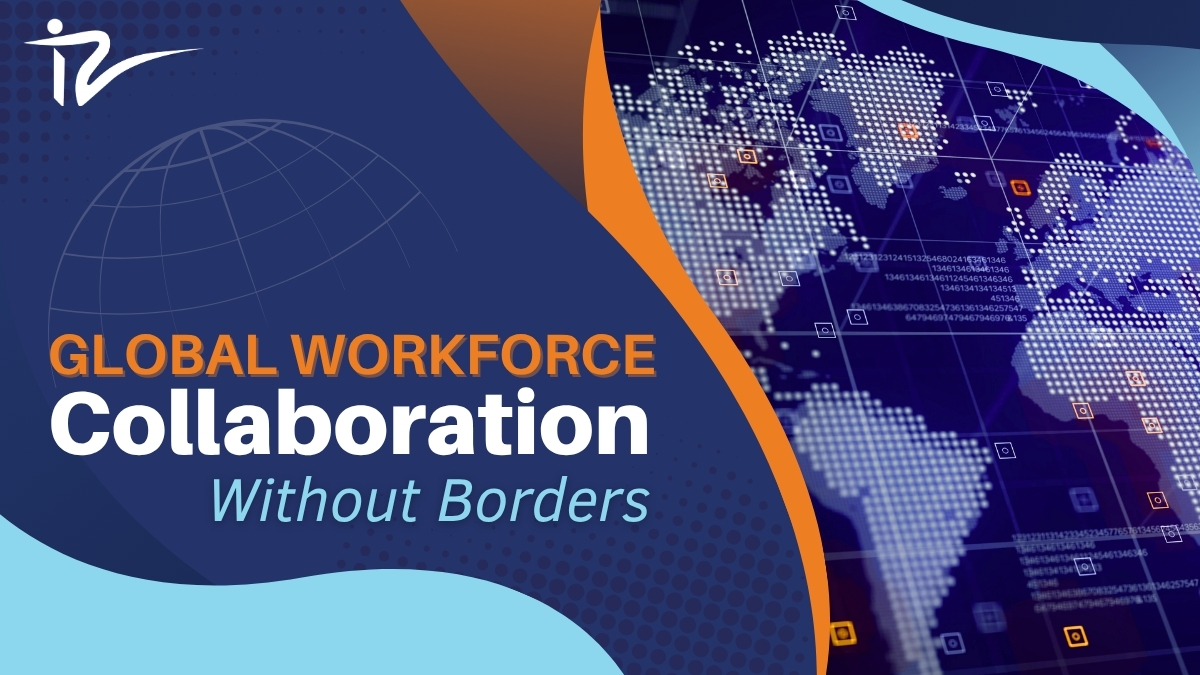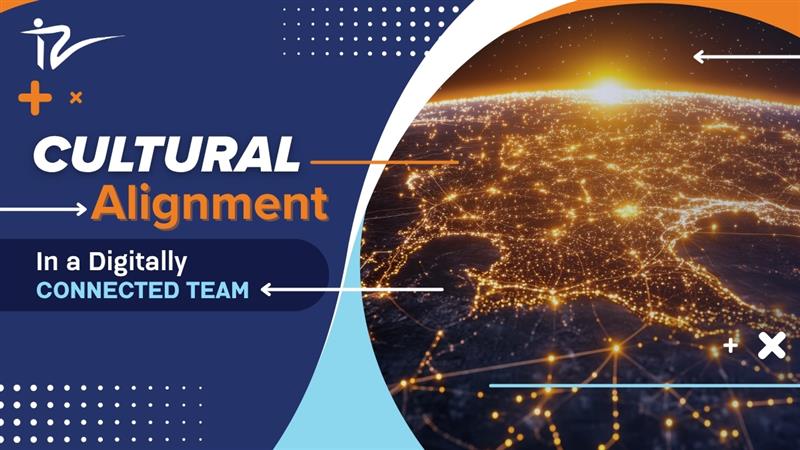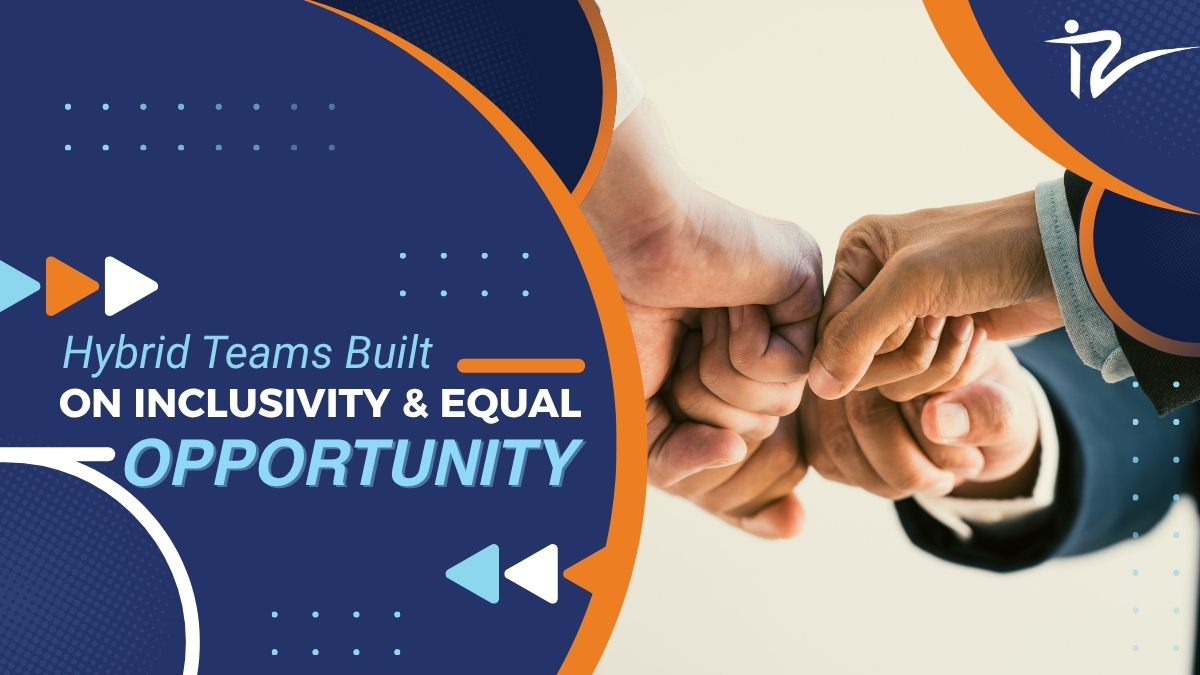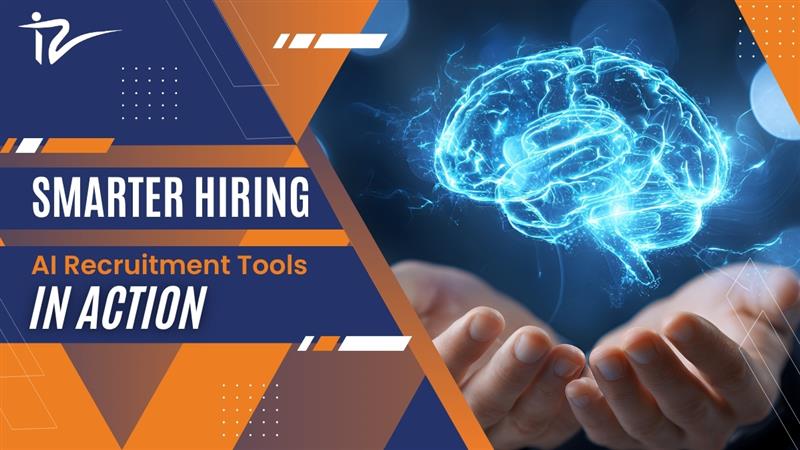Table of contents ▸
Working and working conditions have been terribly changing and improving with even greater speed than ever before. Businesses are under pressure today to acquire skilled talent development from an ever-changing workforce, while clients are under pressure to keep adapting to changing conditions. One of the most pressing challenges today is the skills gap or deficit, which has stood in the way of employers and employees from working in harmony. This is when reskilling–talent development comes in, while the staffing agencies or organizations like IRI continue to bridge the divide.
The Growing Need for Reskilling and Talent Development

According to industry research, almost half of the workforce will have to be reskilled by 2025. Hiring has changed due to advanced AI tools, and contract and gig work have caused shifts in the worldwide economy. These roles that have been there for hundreds of years have slowly started disappearing, while thousands of others keep on popping up with new skill requirements. Many organizations without talent development would find themselves grappling with increased hiring expenses, longer hiring cycles, lower productivity, and more employee resignations.
Employee expectations have also changed, with employees now seeking an employer that puts career development and learning first. Any businesses ignoring the skills gap risk losing talent to their more progressive competitors. That’s where staffing agencies make it happen, balancing organizational workforce demands with individuals’ goals to create an ecosystem that’s a true win-win.
In such and fast-moving environment, staffing agencies have become much more than hiring partners; they are strategic partners in workforce transformations. These agencies directly remedy the skills gap through targeted reskilling programs so that businesses can procure adaptable, future-ready professionals.
Methods Through Which Staffing Agencies are Driving Reskilling Initiatives
In this paradigm, staffing agencies remain uniquely positioned to spot and respond to evolving skill requirements. Owing to their direct interface with industries, hiring managers, and professionals, they are best placed to design and execute viable reskilling initiatives.
Tailored Training for New Roles
Staffing partners, like IRI, are folding talent development programs into their value proposition. Staffing agencies are exploring with the clients what skills are becoming irrelevant and creating learning pathways in training for talent development. This safeguards candidates from getting skewed toward present-day requirements to developing skills for future opportunities. A number of these training programs concentrate on trending areas-analytics, project management, cloud computing, and health administration.
Using AI Tools for the Skills-Matching Exercise
Technology is imperative in solving the skills gap. At IRI, our AI-based virtual recruiter, Nova, eases the hiring process by engaging candidates right at the start. These AI tools, apart from recruiting, aid in the analysis of career paths, identification of training needs, and matching of persons to suitable reskilling programs to ensure the meeting of business needs with professional needs. It is this smart utilization of technology that expedites placement, sustenance retention, and improvement in long-term workforce planning.
Promoting Career Transitions
Hybrid work and gig work require professionals to uproot their careers. Staffing agencies act as career partners and assist workers through reskilling opportunities that lead them toward high-demand industries like IT, Health, and Digital services. For example, a person trained in customer service might be centered on the idea of retraining in digital support or in healthcare administration.
Advantages of Reskilling, Especially from Staffing Agencies

Employers, employees, and staffing agencies come together in this way to form a mighty framework that bridges social gaps. Other advantages include:
For Employers:
- Lessen time-to-hire by hiring candidates currently being targeted and undergoing reskilling.
- Pursue a more varied and more agile talent pool prepared for emerging industry demands.
- Reduction of recruitment costs and turnover since development programs encourage loyalty and therefore productivity among the incumbents.
- Strengthening employer branding through a commitment to growth and inclusion in the workplace.
For Employees:
- Constant reskilling keeps the professional on the edge of competition.
- Better career growth opportunities and mobility.
- Access to staffing networks that offer both job marketing and learning programs.
- Helped shape their confidence in ways of coping with industry shifts and going through a new professional landscape.
For Staffing Agencies:
- Increased Client-Candidate Relations
- Granting comes the reputation of an associate in hiring and also an authority in talent development. While in the past, recruitment was just putting talent development here and there, it has now evolved more into an agency fostering a hiring culture, meaning one step further toward human capital development. Whether it is ahead of or just behind the curve, recruitment was tempted, especially if put just on the revenue side.
- The last thing that always supports an operational recruitment agency is to imagine change somehow, thereby future-proofing the product element in a small but critical way in a hyper-competitive recruitment industry.
A Skills-Gap Myth: A Collaborative Approach
The skills gap cannot be closed by either employers or employees. It needs an ecosystem working hand-in-hand where the staffing agencies act as a link and enabler. Agencies like IRI use market intelligence, training partnerships, and AI tools to pinpoint regions of workforce shortages, designing programs with measurable impact in these areas.
For instance, staffing may identify that a special certification or set of skills in digital fluency is needed by healthcare or IT employers as they partner with these industries in reskilling. The hiring process is fast, yet the development supports jobs in the long run. This collaboration builds one-sided, being beneficial also to the companies by joining talents and to employees by providing opportunities for their growth.
Future Outlook: Reskilling as a Continuous Journey
Going forward, reskilling would no longer be a discretionary activity but would be an ongoing career requirement. Staffing agencies will increasingly become talent architects, melding talent development programs with recruitment services to build a more comprehensive workforce solution. The focus will be on lifelong learning strategies rather than isolated training programs-one that keeps pace with industrial transformation.
At IRI, we partner to power organizations through workforce transformation. Our focus, reducing time-to-hire, prioritizing diversity hiring, and interfacing with reskilling initiatives, allows organizations to move toward becoming strategic partners. With the hybridization of human knowledge and AI (via approaches like Nova), IRI keeps clients and candidates in shape, actively responding to the demands of the job market. This combined approach, therefore, allows for not just the immediate need for talent development but for long-term resilience building in the workforce.
Conclusion
With this mode of work, flexibility, adaptability, and lifelong learning will be traveled together. The skills gap is a problem, but reskilling and talent development programs managed by staffing agencies shape the bridge between evolving landscape needs and growth on the professional front. As industries transform further, the role of staffing agencies in building workforces that are resilient and future-ready will grow.
If you want to stay ahead in the competitive hiring landscape, partnering with IRI and other staffing experts turns the focus on future-prepared workforce-building.
Follow us on Social Media: LinkedIn | Facebook | Twitter | Instagram | YouTube

